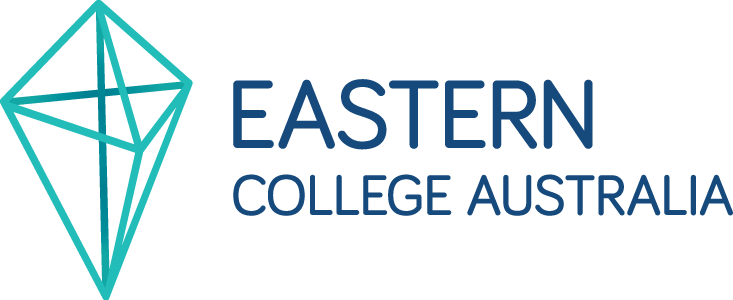To clarify the rights and responsibilities that faculty have regarding academic freedom.
This policy applies to all college faculty.
As an institution of learning, Eastern College Australia exists to equip people to challenge, revise and renew accepted ideas in the quest for truth. To that end it encourages debate, and supports the quest for ongoing development, refinement and extension of new and traditional theories and beliefs. For the College to fulfil this role, its faculty members have the right and responsibility to exercise their professional and personal judgment in teaching and research. They are encouraged to disseminate the results of that research, without undue interference from governments, the College's administration and governance, the media, private corporations, churches and Christian or other organisations. Academic freedom includes the right and responsibility of faculty to:
- Meet high academic standards, including a commitment to intellectual honesty, rigour in the construction of arguments, and the appropriate use of evidence.
- Carry out research and disseminate and publish the results in a timely, honest and fair way, including in preaching, teaching, comments in public forums and the media.
- Comment and contribute to debate only when appropriately informed in their knowledge and within their expertise.
- Challenge even the most fundamental values and beliefs of society in the spirit of open and honest inquiry.
- Subject their academic work to the critical scrutiny of others.
- Treat others, who hold similar or different views, with respect and courtesy (including not imputing or implying beliefs or views to others that are not supported by evidence or claimed by the other person or organisation).
- Encourage others to engage freely and honestly in teaching and learning, research, and academic debate.
- Defend the rights of others to hold differing views.
- Play a significant role in determining the curriculum and the standards and methods of teaching, with awareness of current issues and trends in the relevant areas.
- Consider the impact of their teaching and research on others.
- Read and research broadly and without fear of being judged on what they read.
- Challenge others and the institution when these rights and responsibilities are threatened.
Students and staff are expected to:
- Hold values of their own persuasion with integrity.
- Respect the stated beliefs and values of the College.
- Respect others when their own beliefs and values are being questioned, and when questioning the beliefs and values of others.
- Recognise that academic freedom carries responsibilities to exercise care and competence in the conduct of learning, teaching and research.
- To fully acknowledge the sources of the ideas and materials of others used in their own work.
Academic freedom is fundamental to the life work of the College. It is through the commitment to truth that the College, in part, hopes to meet its charter in the wider society. Teachers and researchers can only fulfill their obligation to society in a context of academic freedom. The College promotes and defends the opportunity and possibility for all people to engage in informed open debate.
